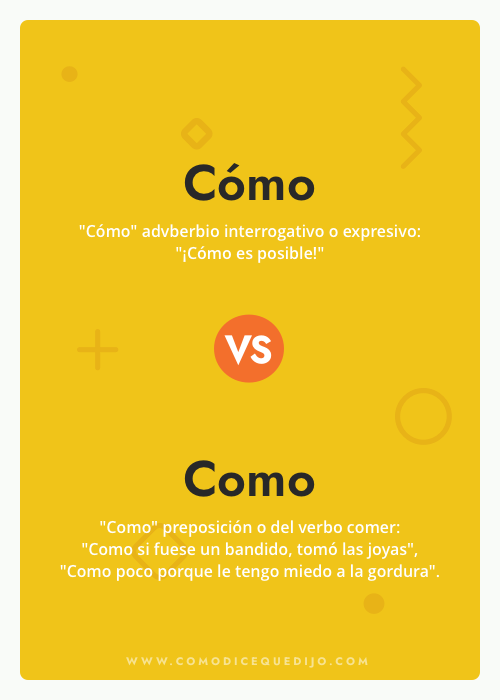Ever wondered what we call that number you get when you put two or more numbers together? It's a simple question, yet its answer is truly fundamental to how we count, how we budget, and how we make sense of quantities all around us. We use this idea every single day, whether we're figuring out how many snacks to buy for a gathering or adding up the scores in a friendly game. This basic building block of arithmetic, the very core of combining amounts, holds a special name that you've probably heard a million times, but perhaps haven't really thought about in depth.
Think about it this way: when you gather things, like, say, all the ingredients for a favorite family recipe, you're bringing separate parts into one whole. That whole, that final collection, has a specific identity. In the world of numbers, when you take a couple of figures, or even many figures, and bring them together through the process of addition, the outcome, that single number representing the combined total, also receives its own distinct label. It’s a concept that is, you know, at the heart of so many everyday tasks.
So, what is this special word for the numerical outcome of adding things up? It's a term that is quite straightforward, really, and it helps us communicate clearly about quantities. Whether you are adding up the cost of items in an online order, like those delicious fire bowl cafe dishes, or trying to tally the total number of special members in a group, this single word captures the combined value. It's a key piece of our number language, and it helps us keep track of things in a very practical way.
- Scott Galloway On The View Today
- Huey Say Something Deep
- Diddy Carl Wilson
- Arina Glazunova Security Camera Footage
- Charli Damelio Coachella Video
Tabla de Contenidos
- ¿Como se llama el resultado de una suma? El nombre simple y claro
- ¿Qué es exactamente el resultado de una suma?
- ¿Por qué es importante conocer como se llama el resultado de una suma?
- Los elementos de la suma: Más allá de como se llama el resultado de una suma
- Ejemplos cotidianos de como se llama el resultado de una suma
- La suma en la historia y su impacto
- ¿Como se usa el resultado de una suma en el mundo digital?
- Consejos para entender mejor el resultado de una suma
¿Como se llama el resultado de una suma? El nombre simple y claro
So, let's get right to it. When you perform an addition operation, taking one number and joining it with another, or perhaps several others, the single number that you arrive at, the grand total, has a very common name. This name is "la suma" or, sometimes, "el total." It's a rather straightforward word, isn't it? It perfectly captures the idea of bringing things together. For instance, if you have two apples and someone gives you three more, the combined amount, the "suma" of apples, is five. It's the final count, the whole picture once all the pieces are accounted for. This naming convention helps us speak about numerical combinations with ease, and that is, in some respects, truly valuable.
This simple term, "suma," is used universally in Spanish-speaking places to describe the outcome of adding things up. It’s not a complicated or obscure word; it’s part of our basic vocabulary when we talk about numbers. You might hear it when someone is adding up the expenses for a trip, or when a teacher is checking the scores on a test. It's the numerical answer to the question, "How much do we have altogether?" And, quite frankly, it's a concept we learn pretty early on in life, typically when we're just starting to understand numbers.
Consider a scenario where you're putting together a list of things you need to buy. You might have one item that costs five units of currency, another that costs ten, and a third that costs eight. When you add these individual costs together, the final figure you get, that collective amount you need to pay, is called the "suma" or "total." It’s the single number that represents the entire financial commitment. This term, "suma," makes it easy for us to communicate about the combined value without having to list every single item's cost each time. It’s a very practical linguistic tool, you know, for everyday calculations.
- Chain Whip Cotton Picking
- Jordan Aaliyah Barnes Death
- Hows Your Lips
- Felicity Lynn Sauls Accident
- Dr Phil Destoni Part 3
¿Qué es exactamente el resultado de una suma?
The result of a sum, often called "la suma" or "el total," is simply the combined value of two or more numbers. When you perform an addition, you are essentially merging different quantities into one larger quantity. This resulting number represents the complete collection or the grand tally of all the individual numbers that were added. It's like pouring several cups of water into one big pitcher;



Detail Author:
- Name : Hunter Langosh
- Username : deangelo.littel
- Email : nicolette78@yahoo.com
- Birthdate : 1983-07-18
- Address : 4703 David Forge Suite 883 Port Barthaven, CO 85115
- Phone : (940) 706-3128
- Company : Hauck Ltd
- Job : Stock Broker
- Bio : Amet est inventore laborum voluptatum eveniet qui nam dolor. Qui modi voluptas nisi architecto sit eum. Quia sed adipisci ut. Sequi facilis doloribus voluptatem minima quasi.
Socials
twitter:
- url : https://twitter.com/greenfelder1987
- username : greenfelder1987
- bio : Ducimus quia aperiam similique cum consequatur aperiam. Sed similique cum explicabo possimus corrupti. Sed tenetur magni ab.
- followers : 2542
- following : 1071
facebook:
- url : https://facebook.com/ngreenfelder
- username : ngreenfelder
- bio : Sequi atque odio ut in. Quae quasi rem voluptatum exercitationem omnis tenetur.
- followers : 5646
- following : 2213